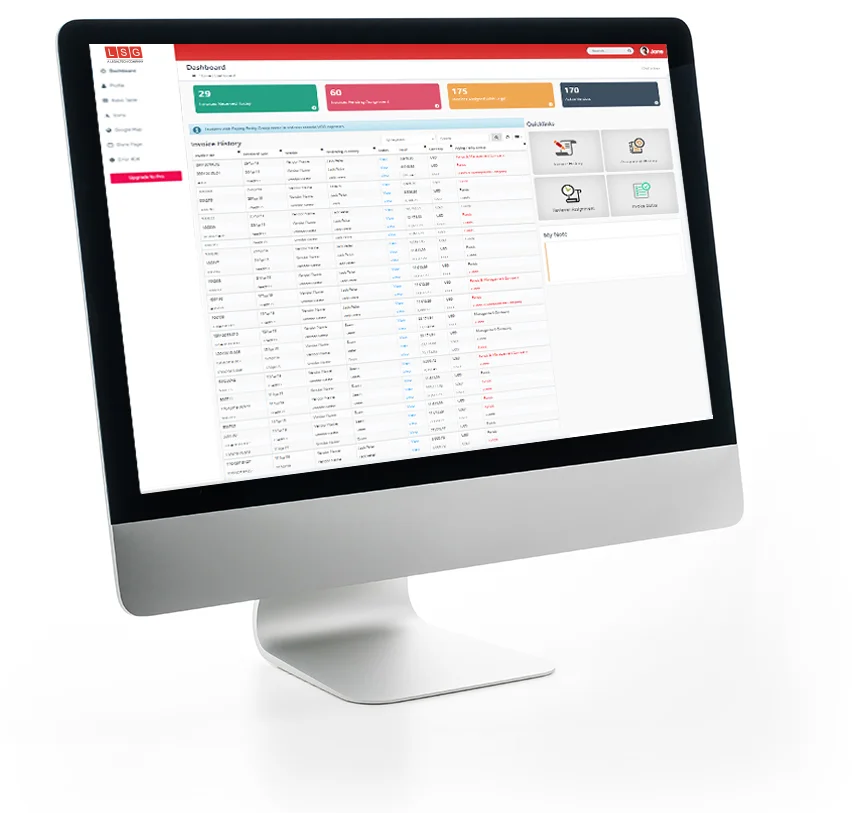Blog
Data Analytics- Unleash the opportunities
Published by Vipin Louka on Jul 14, 2016

Data analytics can be defined as a science which deals with examining raw data with the objective of drawing conclusions from that information. As a process it is concerned with inspecting, cleaning, transforming and modeling data with the purpose of finding useful information and suggesting conclusions so as to support decision making. Data analytics; also known as data analysis is used in many industries to enable companies and organizations to make better business decisions and in the sciences to prove or disprove existing theories or hypotheses. In data analytics the focus is on inference. The process of deriving a conclusion is based solely on what is known to the researcher beforehand. Data analytics helps in determining whether the systems in place protect data effectively, operate effectively and succeed in accomplishing the concerned organizations goals. In the coming years data analytics will present challenges as well as opportunities for organizations all over the world.
The most important benefit of data analytics is increased speed and efficacy. Thanks to skilled use of data analytics, organizations have a competitive edge they never had before; enabled by the ability to work faster and stay agile. Data analytics enable organizations to harness their data so as to identify better and different opportunities. With the help of data analysis, better insights will be available to decision makers enabling organizations to progress in challenging economic times.
There are 3 ways in which data analytics improves opportunities:-
- Cost reduction: Big data technologies like Hadoop and cloud based analytics are able to bring significant cost advantages when it comes to storing large data. Moreover, they can identify better and more efficient ways of doing business.
- Better and faster decision making: Thanks to the high speed of Hadoop and in-memory analytics, combined with the ability to analyze new data sources, organizations are able to analyze information much faster and make decisions on the base of their newly acquired knowledge.
- New products and services: The more the ability to gauge customer needs and measure satisfaction through analytics, the more the ability of the business to provide their customers with what they want. With the help of data analytics companies can create new products to meet customer needs.
Understandably, the interest in analytics in today’s world is at an all time high. Be it procurement, marketing or finance; all sectors utilize analytics to improve the performance of their functions. Considering the fact that analytics are already having a positive impact on company organizational efficiency, margins and revenue it would be no exaggeration to state that the future is with data analytics.
The popularity of analytics and its numerous opportunities in future can be attributed to a number of reasons:
- Role as a competitive differentiator: Companies operate in a world where growth is harder to achieve. One good example would be the case of companies with multimillion dollar investments that lose their patents as they expire. They have to cut expenses on marketing and sales while at the same time support growth. They have to understanding changing dynamics and even predict future consumer behavior so as to make use of this knowledge to drive growth.
- Need for predictive and prescriptive modeling: Corporations need predictive and prescriptive modeling to help them to get answers to their questions. They need information that points out trends in the industry which data analytics can provide. Analytics is used to improve HR procedures so if previously they could only find answers as to how to find the best talents, now they can obtain answers ranging from who to hire as well as where to best hire from. Moreover, analytics enables HR people to build a high performance team.
- Need to make processes more strategic to the business: For best business results HR should be more strategic. Analytics makes HR more strategic but the job is tougher now as corporate leaders hold HR responsible for results. Analytics can ensure that companies identify and remove net asset value from the processes and thus optimize the business information flow.
- Need to combine disparate data streams for improved business results: Analytics can combine disparate data streams and thus improve business results. For example by analyzing data from insurance companies and clinical data from hospitals it is possible for insurance firms to tailor consumer health plans for specific groups.
The opportunities opened up by analytics mean that many new potential areas can be explored. Experts have predicted that offshore providers will do more work onshore in the analytics arena. According to a survey ‘The future of big data analytics-Global market and technologies forecast 2015-2020’, the data analytics global market will grow during the period mentioned by over 14.4%. Thus, the increasing importance of analytics is a huge benefit for the outsourcing market. With so much data available corporate clients need to devote a lot more time to understand what is happening in their businesses, while at the same time offloading as much of the day-to-day processing as possible. Boutique and single process providers might find the future challenging whereas those service providers who can leverage big data analytics to focus on business growth will find distinct advantages in the process.



